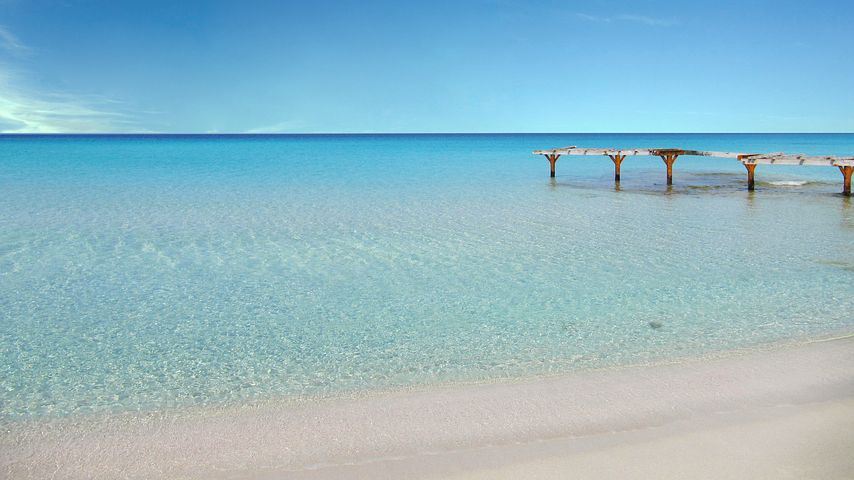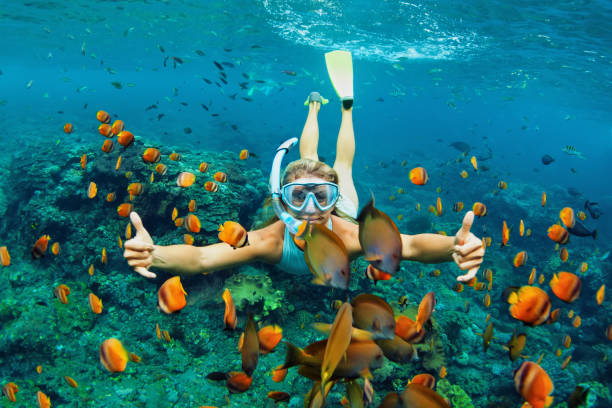The brief: Ocean Decade for sustainable development

As we have said previously, the ocean is the largest ecosystem on Earth and central to the survival of nature and humankind. However, the ocean is also under massive threat. More than ever before, science and research are being called upon to join forces with policymakers, society and economic actors to protect and sustainably manage the ocean.
To achieve this vision, the United Nations General Assembly proclaimed 2021 to 2030 as the United Nations Decade of Ocean Science for Sustainable Development – the “Ocean Decade”.
Our Ocean
The ocean is our planet’s largest ecosystem.
It stabilizes climate, stores carbon, nurtures unimaginable biodiversity, and directly supports human well-being through food and energy resources, as well as by providing cultural and recreational services.
Unfortunately, despite improved management and conservation actions, the United Nations’ First World Ocean Assessment found that much of the ocean is now seriously degraded. As the world population will reach an estimated 9 billion people by 2050, impacts on the ocean associated with human activities will increase.
Indeed, action can only be effective if it is based on sound knowledge informed by science. In the coming decade, there is a tremendous opportunity to harness interdisciplinary advances in ocean science to achieve a better understanding of the ocean system.

Ocean science can help us to address impacts from climate change, marine pollution, ocean acidification, the loss of marine species and degradation of marine and coastal environments. To achieve sustainable development, good science is needed to inform policies, increase the knowledge of all stakeholders and ultimately deliver solutions to address the decline in ocean health.
Participation and transformation
The Ocean Decade is embracing a participative and transformative process so that scientists, policy makers, managers and service users can work together to ensure that ocean science delivers greater benefits for both the ocean ecosystem and for society.
For this reason, it is designed to facilitate global communication and mutual learning across research and stakeholder communities. It works to meet the needs of scientists, policy makers, industry, civil society and the wider public, but it also supports new, collaborative partnerships that can deliver more effective science-based management of our ocean space and resources.
New knowledge on the current state of ocean science will
be made available to communities and governments. To this end, we hope that things will change in terms of policy of countries and behaviour of populations around the world.

